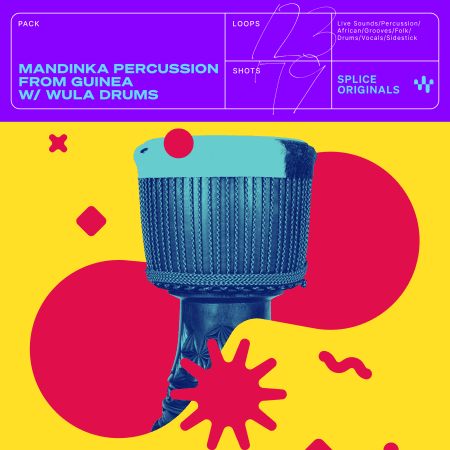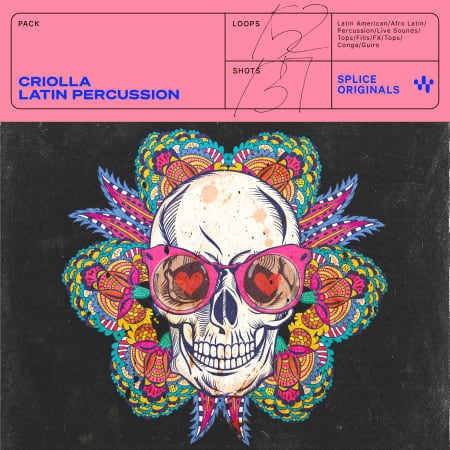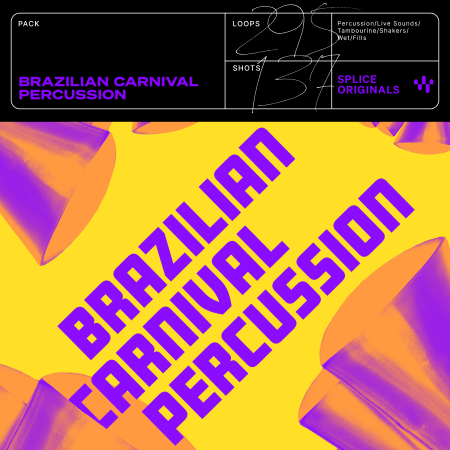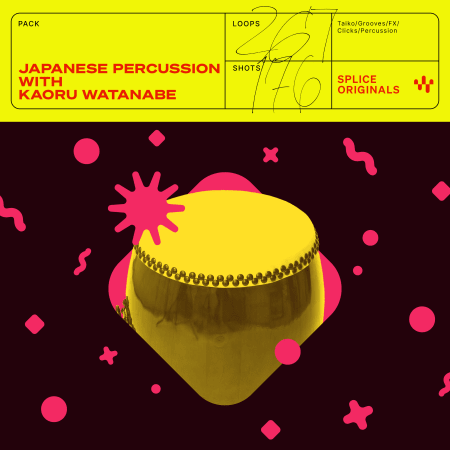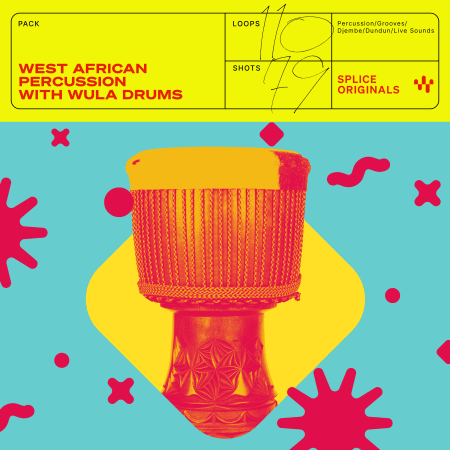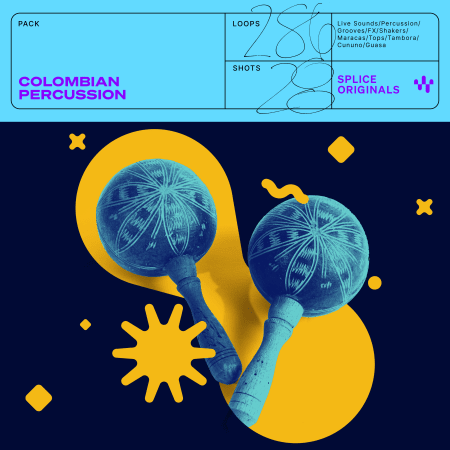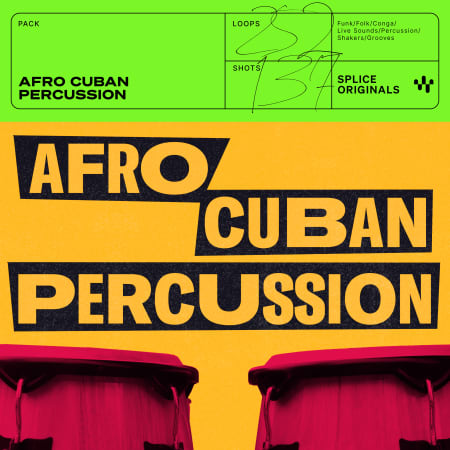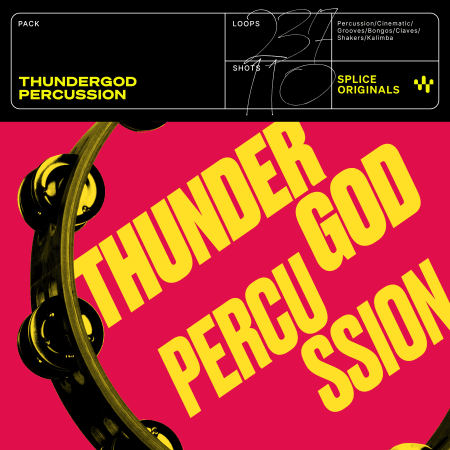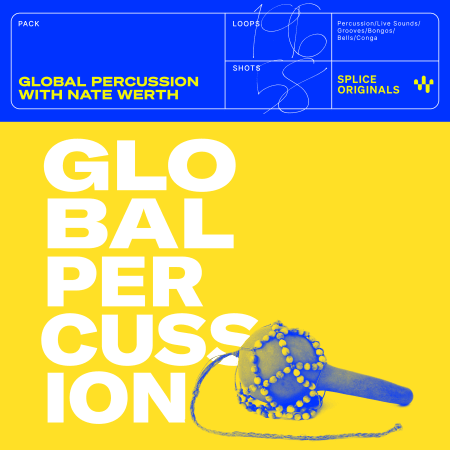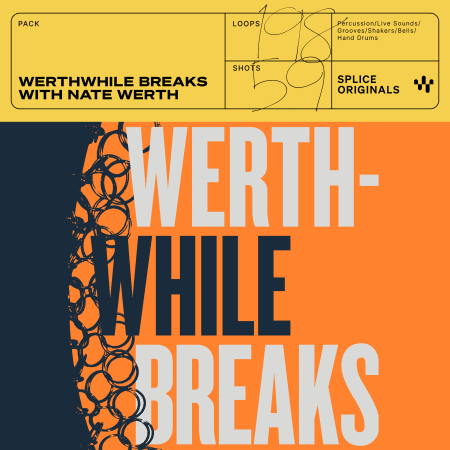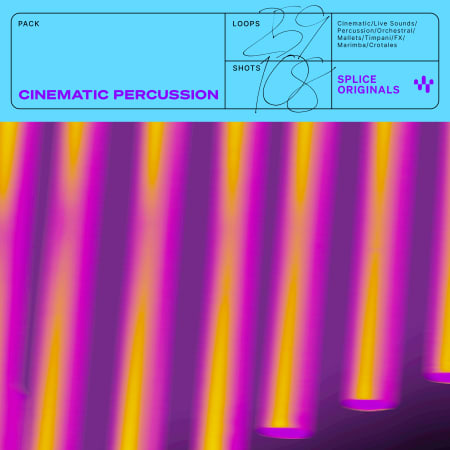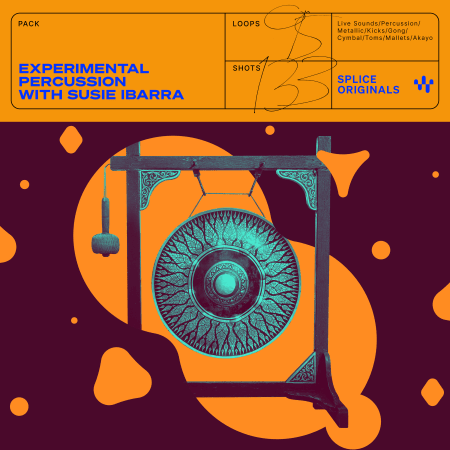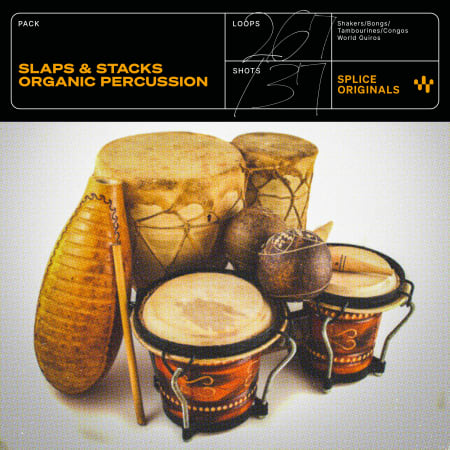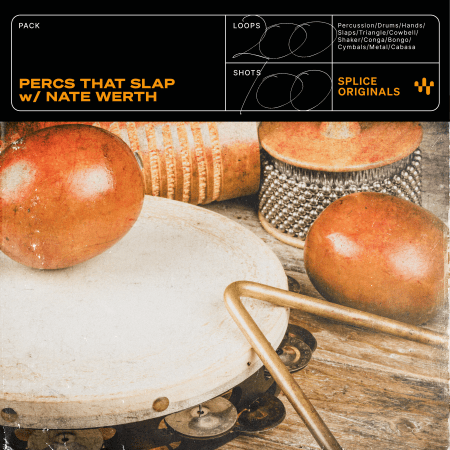The djembe is a rope-tuned skin-covered goblet drum played with bare hands, originally from West Africa. According to the Bambara people in Mali, the name of the djembe comes from the saying "Anke djé, anke bé" which translates to "everyone gather together in peace" and defines the drum's purpose. Before 1950, the djembe was virtually unknown outside of Africa. Guinea’s first president after independence, Sékou Touré, sought to promote the rich musical culture of Guinea by funding international tours and rehearsal facilities for Guinea’s premier performance group, Les Ballet Africains. This group and other subsequent groups have put the djembe and its music and dance onto the world stage.
As popular as the djembe was, it was hard to find authentic, high-quality wooden drums that were durable, beautiful, and sounded great. That’s until Wula Drum was founded in 2006, becoming the industry leader in high-quality West African percussion. With a team of salaried artists in Guinea, West Africa, they take pride in creating durable, beautiful, and great sounding instruments while continually innovating the form and structure of the djembe. The name “Wula” is a word in the Susu language, meaning “deep inside the forest” where they venture to find the best wood for making drums.
The Wula Drum Ensemble that crafted this pack consisted of M’Bbemba Bangoura as djembe soloist and ensemble lead, as well as Michael Markus, Mangue Sylla, Abdoulaye Toure, and Yusef Payron on the other percussive instruments. These sounds were recorded at Bridge Studio in Brooklyn with Soyuz microphones through Neve 1073 preamps. Close mic'ed dunduns were recorded with AEA R84's.


